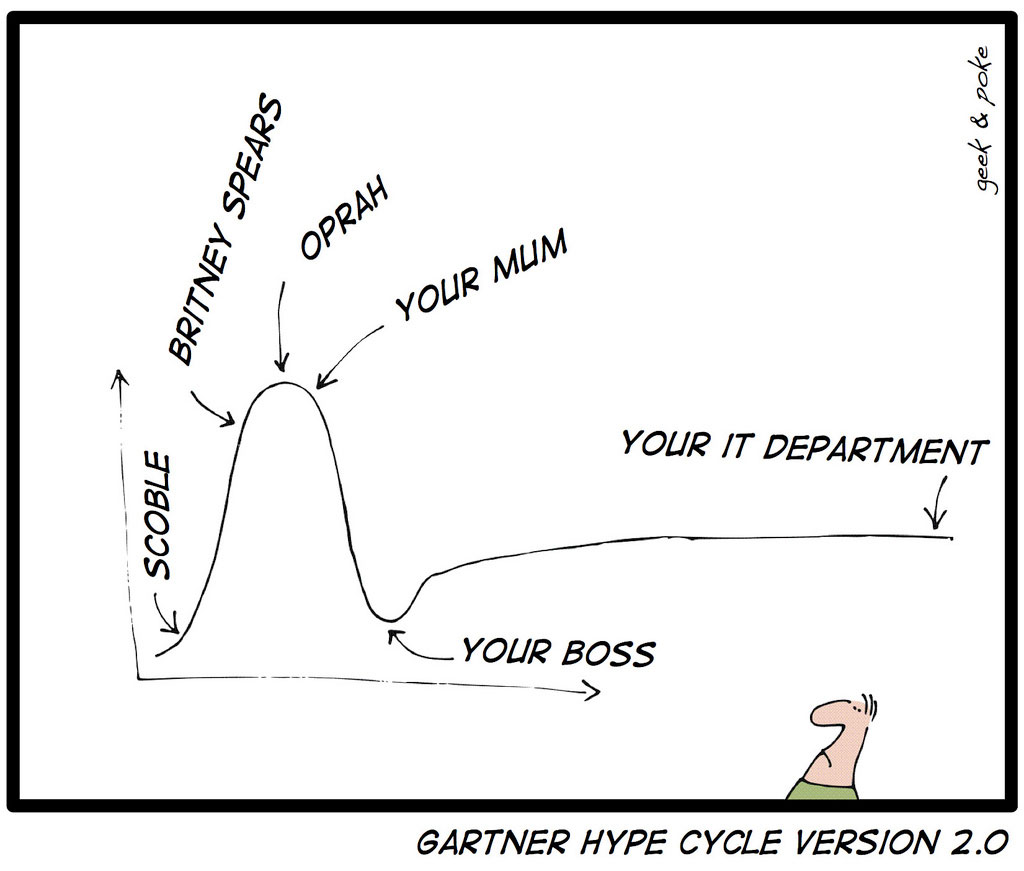Over July and August, we’ll be highlighting a series of our best and most interesting posts we’ve published this past academic year. We had fun writing them, so we hope you enjoy reading them.
Meet David Wrate, Tannis Morgan and David Kernohan
Among our two highest read blog posts this past spring were our five questions with David Wrate and Tannis Morgan.
David is the director of Citizen Engagement for the government of British Columbia. We caught up with him, just prior to his speaking engagement at Open Data Summit in Vancouver. We asked his about the role of DataBC and why data sets matter to post-secondary institutions in the province.
Open Data and BCcampus
We learned that access to this data is a goldmine for post-secondary students and faculty as they struggle with increasing costs, dwindling budgets and changing demands. Post-secondary institutions now have access to very interesting data about their industry.
By looking at data on enrolment targets, student headcounts, student loan default rates and credentials awarded, post-secondary institutions can paint a compelling story. This information can help us understand the state of post-secondary education in B.C. and provide a glimpse into its future.
Open data also has a symbiotic relationship with the Open Textbook initiative from BCcampus. Both focus on developing and using open materials that can be mixed and matched as to create new content that engages both students and the teachers.
Mobile Apps and Just-in-Time Info
Developing new tools and remixing content is a key focus for Tannis Morgan, Associate Dean, JIBC Centre for Teaching, Learning and Innovation. She shared her thoughts on how mobile technology is revolutionizing higher learning.
For the JIBC, mobile learning isn’t a classroom tool so much as a tool that is taken and used authentically within a workplace or training context outside of the traditional classroom. The advantage with mobile learning is it allows for just-in-time information, tools, and learning opportunities in the field. The limits have more to do with development and distribution of what is created for mobile learning and managing all of these considerations.
Hype Cycles and Technology Triggers
David Porter, BCcampus’ Executive Director introduced us to David Kernohan and his followers of the apocalypse blog with his much-viewed article on Gartner’s Hype Cycle.
David K tells us:
“Most technology is awful, it doesn’t work and it causes us endless pain trying to make it work. People will get remunerative careers in helping us to get within touching distance of the initial promise. Eventually they will write books and articles, run conferences and workshops, and the problem will be filed as completed.
It won’t be. We will never, never solve education with technology. It won’t work. We will solve education with education, and we will solve education with a way of educating that is closer to collaborative play than anything we currently do. Technology might help us start to understand education a bit better. That’s it.”
Mark your calendar for our next Best-Of BCcampus post: August 14. And, let us know which blog posts resonated with you in the comment section.
photo credit: AJC1; via photopin; cc
Posted by BCcampus Editorial Staff

